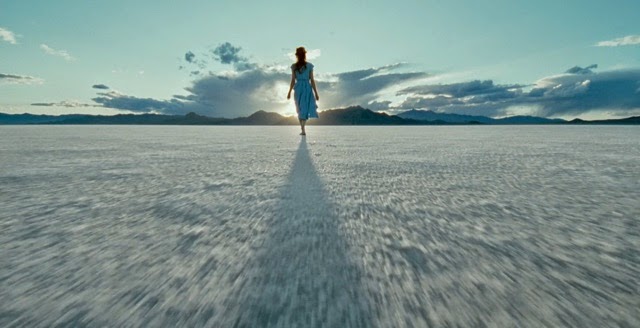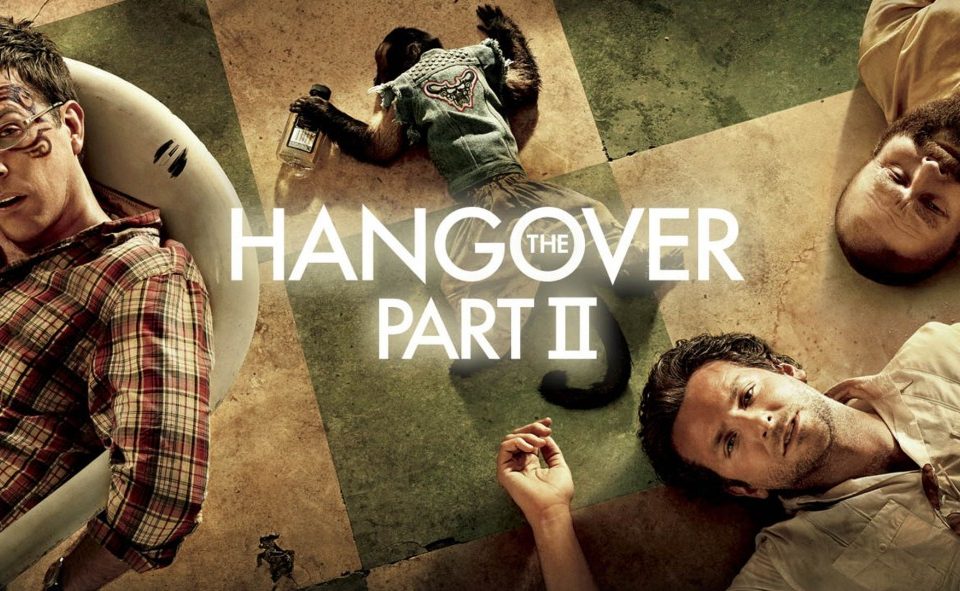
On the dopeness of Black Panther
February 27, 2018A clash of values
If Wakanda exists, why have they never involved themselves in issues like slavery, segregation, apartheid, or the killing of African-Americans by agents of the US state? The question is an obvious one and the movie’s prologue sets up its explanation: Wakanda is an isolationist country and its inhabitants don’t feel they belong to a broader community, whether people of African descent or the human race. There are reasons for that: as writer Reginald Hudlin sets up in Who Is the Black Panther?, this view stems from historical intrusions into Wakanda. The movie doesn’t portray it the same way—Ulysses Klaue’s intrusion is mentioned, but don’t feel that Wakanda has been constantly attacked by outsiders, although it’s possible that these intrusions are merely not mentioned.
The Wakandans adopt conservatism as a philosophy since they have much to lose. The central tenets of conservatism include tradition, hierarchy and authority, emphasizing social stability and continuity. The Wakandans aren’t prepared to lose all of the advantages the vibranium metal brings to their society, even if it means turning a blind eye to atrocities outside their borders, atrocities like Rwanda or Congo. This is the policy Nakia reacts to when she is introduced: she aims to be part of a larger tribe, challenging the notion that prosperity is worth anyone else’s suffering. Initially, T’Challa is resistant to her position because as the ruler of the Wakandan, he’s an agent of the established order. T’Challa’s responsibility is to enforce the present system, ensuring Wakandan prosperity by building on the tradition that his father and his ancestors have built, the tradition that Zuri the shaman represents, a tradition that Okoye is sworn to protect. T’Challa’s authority sits on tradition: the only way for him to be a legitimate ruler is through the traditional challenge pitting him against contenders to the throne.
Very early, we see that T’Challa is uneasy with his role as a ruler, probably because his values tend toward those of Nakia, and not those of his father and the tribe elders. He believes in a larger tribe but isn’t ready to break away from the weighty expectations of his family, his people and the ghost of his father. This is a constant theme is Senegalese director Ousmane Sembene’s films: in his Moolaadé (2004), a girl hides at a neighbour’s house to guard against her excision. The event confronts the village with the cruelty of that tradition. Leaving the conservatism position will be T’Challa’s journey throughout Black Panther, and he will need to fight Killmonger to get there.
- Black Panther: A Perspective - March 20, 2018
- Seven Pounds (Gabriele Muccino, 2008) - May 5, 2015
- Honeymoon (Leigh Janiak, 2014) - January 30, 2015


